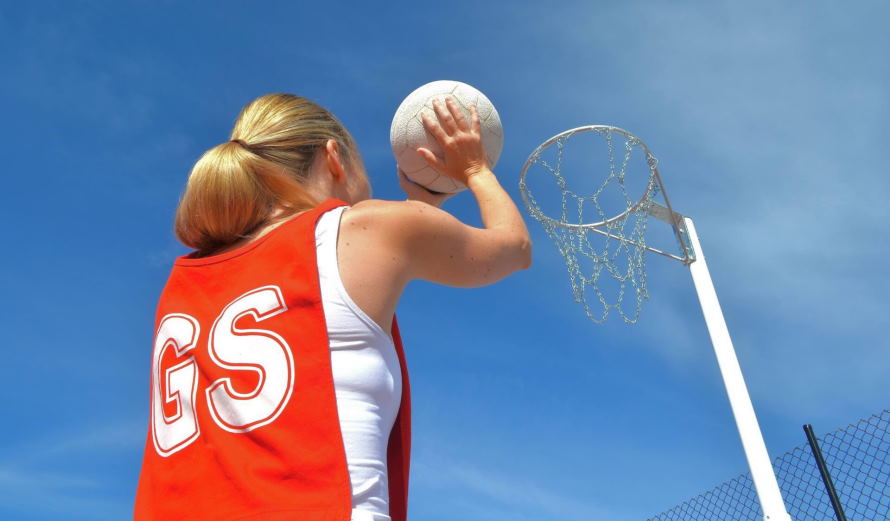Have you ever set a goal, only to find yourself not quite achieving it? Or maybe you’ve achieved a goal, but it didn’t feel as good as you thought it would. If so, you know how important it is to set effective athletic goals. But what makes a goal effective? In this blog post, we’ll share tips and tricks for setting goals that will help you succeed on and off the field. So whether you’re looking to improve your performance or feel good about your accomplishments, read on for some inspiration!
How to set goals as an athlete: the ultimate guide
Athletes are always looking for an edge that will help them perform at their best. Setting effective goals is one way to give yourself that edge. By setting specific, measurable, attainable, realistic, and timely goals, you can set yourself up for success on and off the playing field.
Specific: Your goals should be specific so that you know exactly what you need to do to achieve them. For example, rather than setting a goal of “improving my game,” set a goal of “shooting 50% from the three-point line.” This way, you have a concrete target to aim for.
Measurable: In order to track your progress, your goals should be measurable. Going back to the previous example, you could set a goal of “shooting 50% from the three-point line in my next 10 games.” This way, you can keep tabs on whether you are improving.

Attainable: While it is important to challenge yourself, your goals should be attainable so that you stay energized along the way. If your goal is too lofty, you may get frustrated and give up before you even come close to achieving it.
Realistic: Related to being attainable, your goals should also be realistic, given your current skill level and the amount of time and effort you are willing to put in. If you are a beginner, setting a goal of becoming an all-star player in your first year is not realistic. However, setting a goal of becoming one of the top players on your team is more likely to be achievable.
Timely: Putting a timeline on your goals can help you stay motivated and on track. For example, rather than setting a goal of “becoming the best player I can be,” set a goal of “being the starting point guard on my varsity basketball team by the end of my sophomore year.” Having a deadline will keep you focused and help you stay focused along the way.
No matter what level you are playing at, setting effective goals can help you improve your game and reach your full potential. By setting specific, measurable, attainable, realistic, and timely goals, you can put yourself on the path to success.
Setting and achieving goals as an athlete
As an athlete, one of the most important things you can do is set and achieve goals. Doing so can help you improve your performance and reach your potential as a player. However, there are a few things to keep in mind when setting goals. First, make sure that your goals are specific, measurable, attainable, relevant, and time-bound. Second, write your goals down and share them with your coach or team captain. Finally, feel free to revise your goals as needed; as you get better at playing your sport, your goals should become more challenging.

With these tips in mind, start brainstorming some goals you want to set for yourself as an athlete. Remember to be realistic in what you can achieve and to set a timeline for yourself. Finally, and most importantly, don’t forget to have fun! Pursuing goals should make you excited about playing your sport, not stressed out.
Some examples of goals you could set as an athlete include:
- improving your personal best in a certain event or skill
- making the varsity team
- becoming captain of your team
- being selected for an all-star game or tournament
- leading your team to a championship title
Regardless of your goals, always remember that the key to success is putting in the hard work and dedication. With these things, you’ll surely achieve anything you want!



